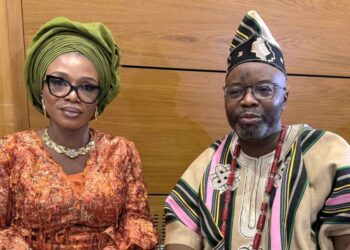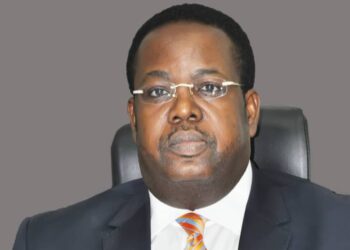FORMER President Olusegun Obasanjo has said that he does not not believe in true federalism, adding that “those talking about devaluation and true federalism don’t know what they are talking about.”
His words: “I don’t believe in true federalism. What is true federalism? Why are they not accountable? What powers do they not have? In fact, state governors are more powerful than the president. That’s the truth. If anybody tells you they want devolution or true federalism, he doesn’t know what he is talking about.
“The fact anybody talks about it doesn’t mean it’s right.”
Obasanjo, who spoke with africanarguments in an up close and a little too personal interview, while commenting on the N20,000 said to be in his account before he became president in 1999, said he was a wealthy man despite that and that even then he had the largest poultry farm before in Africa then.
“Come off it. I had the largest poultry farm before I became president, the largest in Africa. The fact I have N20,000 in my account does not mean I’m not wealthy,” he said.
He also said President Buhari has not done enough on unemployment and recession, saying “Buhari has made some announcements. He has tried to keep on going in the area of agribusiness, but not enough. It is not yet enough to prepare the ground for uninhibited growth of the economy, which we need.”
He further said that he believes that President Buhari can do more for the youths in the area of empowerment, saying: “All youths in Nigeria have legitimate reasons to feel frustrated and angry.”
He advised that if “youth empowerment, skill acquisition and youth employment – education are provided, the ticking bomb of possible youth explosion out of restiveness and anger will subside.”
He added that many of those who are agitating or protesting for the sovereign state of Biafra do not know why they are doing so.
“The protesters don’t even know what the struggle is all about, but if it gives them false hope, why not hang onto it? Let the elders handle it or ignore it until it loses momentum.
“There are elders in any community who are still respected. After all, they’re their fathers and mothers, grandfathers and grandmothers, and can still be used effectively,” he said.








